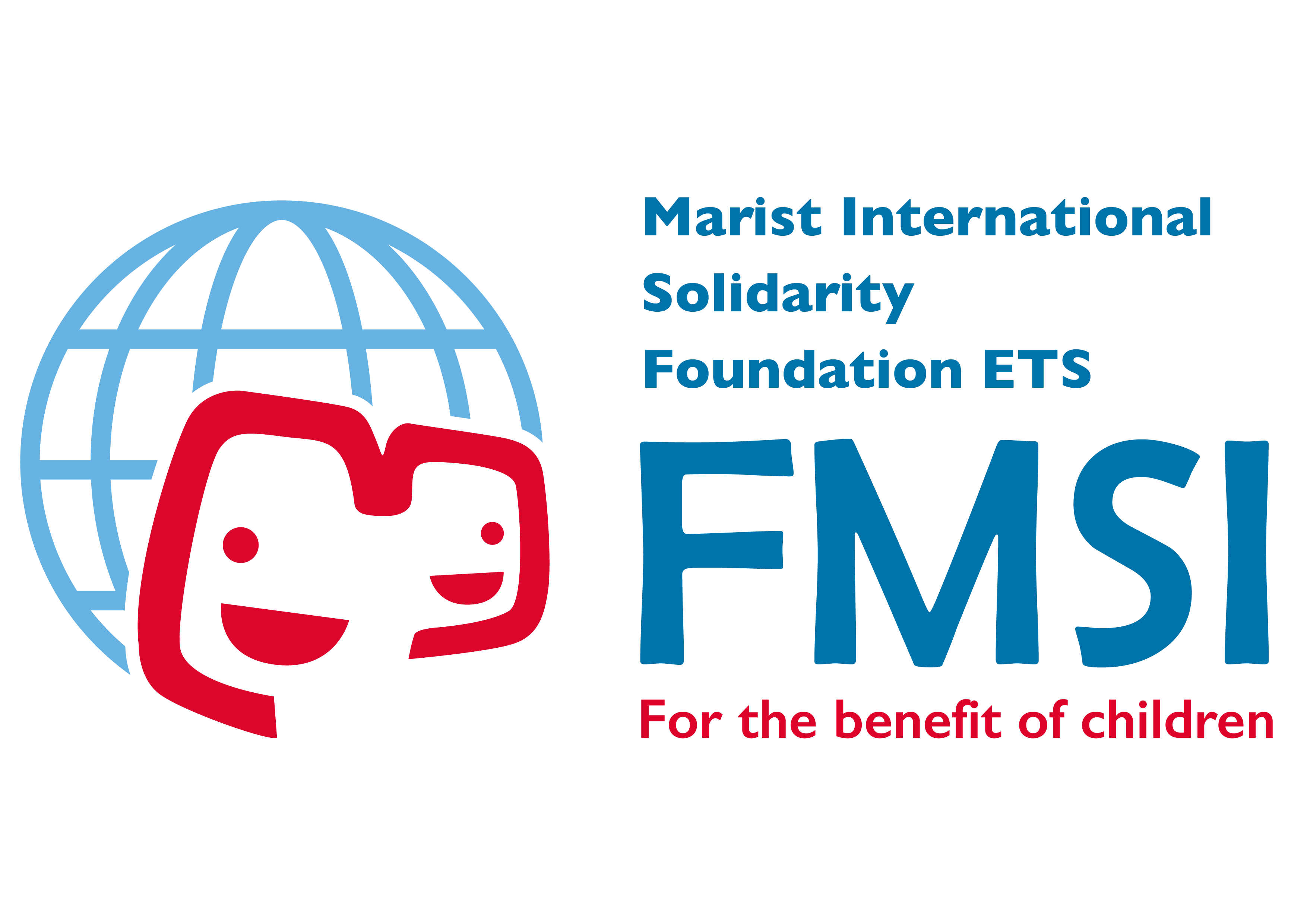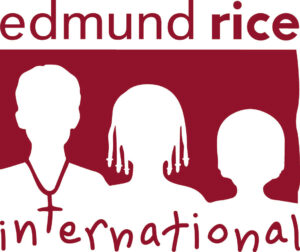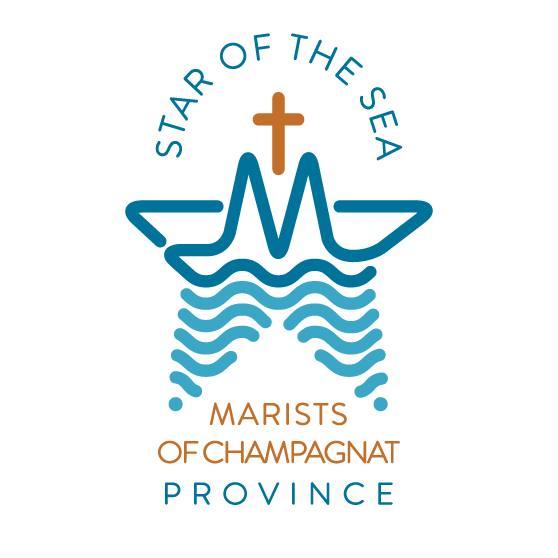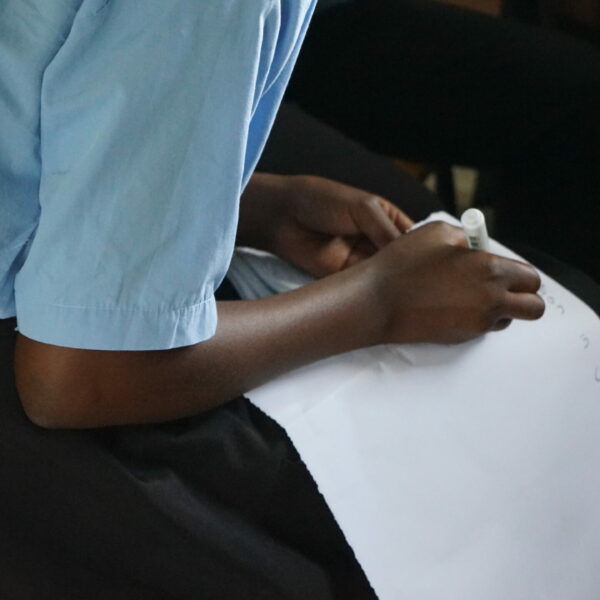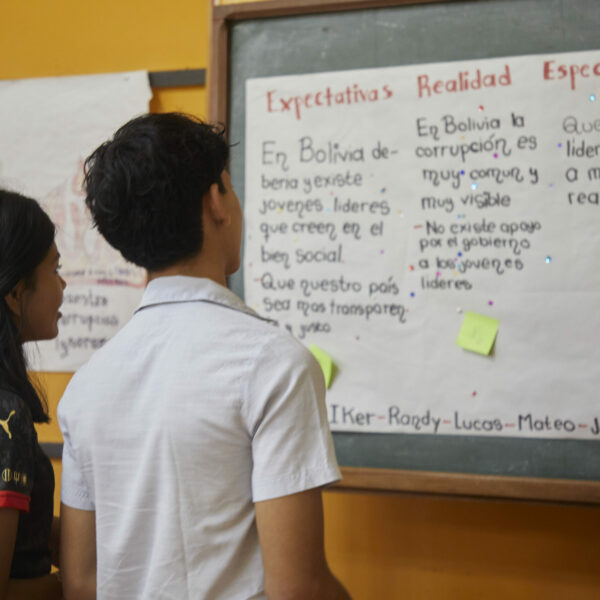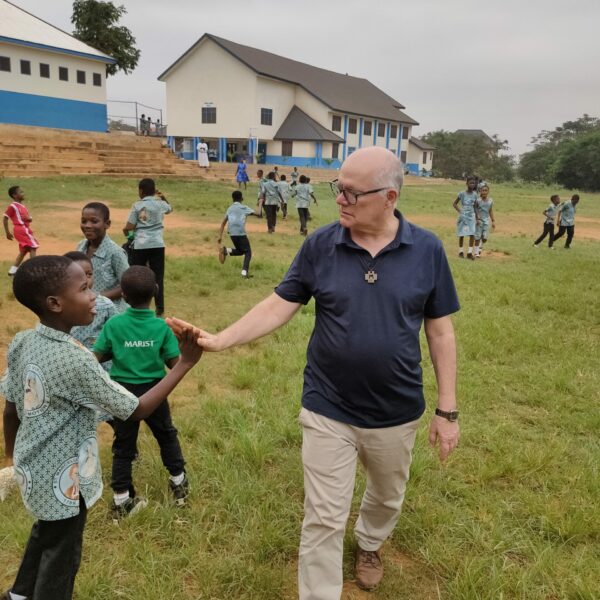Listening to the voices of Marist children from Kiribati, we stand for climate justice at the United Nations
FMSI, the Secretariat of Solidarity – CMI and Edmund RIce international present an oral statement on the urgent climate and human rights challenges facing Kiribati at the UN Human Rights Council’s 60th session.
Edmund Rice International (ERI), FMSI – Marist International Solidarity Foundation, and the Secretariat of Solidarity – CMI of the Marist Brothers joined forces to deliver an oral statement on Kiribati during the adoption of the country’s Universal Periodic Review (UPR) at the 60th Session of the UN Human Rights Council. The statement centers on the intertwined realities of climate change and overpopulation and their impact on the rights and dignity of the Kiribati people.
Crucially, the UPR submission and the oral statement were grounded in the voices of Marist children and young people in Kiribati, who shared first-hand concerns about how climate change is undermining their daily lives, future opportunities, and the continuity of their culture, language, and traditions. Through facilitated listening sessions and ongoing engagement with schools and youth groups, their testimonies helped shape the priorities presented to the Council.
This reflects our commitment to child participation: placing children not only at the center of protection efforts, but also at the table where decisions are discussed.
The coalition welcomed Kiribati’s constructive engagement with international partners to implement its Joint Implementation Plan for Climate Change and Disaster Risk Management 2019–2028, acknowledging the Government’s efforts while underscoring the urgency of measures that protect both people and culture. The statement highlights the profound risk of territorial loss due to sea-level rise and the attendant threat of an “irreparable loss” of traditions, language, and identity—especially for children and young people who will inherit the consequences of today’s policy choices.
The groups also drew attention to the human rights pressures created by climate-induced internal displacement, which pushes families from outer islands toward South Tarawa in search of services. The resulting population density strains housing, agriculture, health care and sanitation, and increases vulnerability to disease outbreaks—factors that compound socio-economic inequalities for the most vulnerable.
In welcoming the acceptance of several recommendations over these topics, the statement urges two concrete steps:
- A joint UN–Kiribati Action Plan on climate migration that safeguards cultural rights;
- Investment to improve living conditions on outer islands—including innovative options such as artificial land creation—to reduce harmful over-concentration in Tarawa.
The appeal from ERI, FMSI and the Secretariat of Solidarity – CMI aligns with the broader UPR outcome for Kiribati. In this cycle, the country received a significant number of recommendations across areas such as climate action, food security, health and education—reflecting the international community’s recognition that human rights and climate resilience are inseparable for low-lying Pacific nations.
This intervention builds on the coalition’s prior advocacy with and for young people in Kiribati, documenting how environmental degradation, overcrowding, and limited services intersect with children’s rights and educational opportunity. The children’s perspectives informed both the written UPR submission and the oral statement delivered during the adoption of the outcome.
Click here to watch the oral statement.
